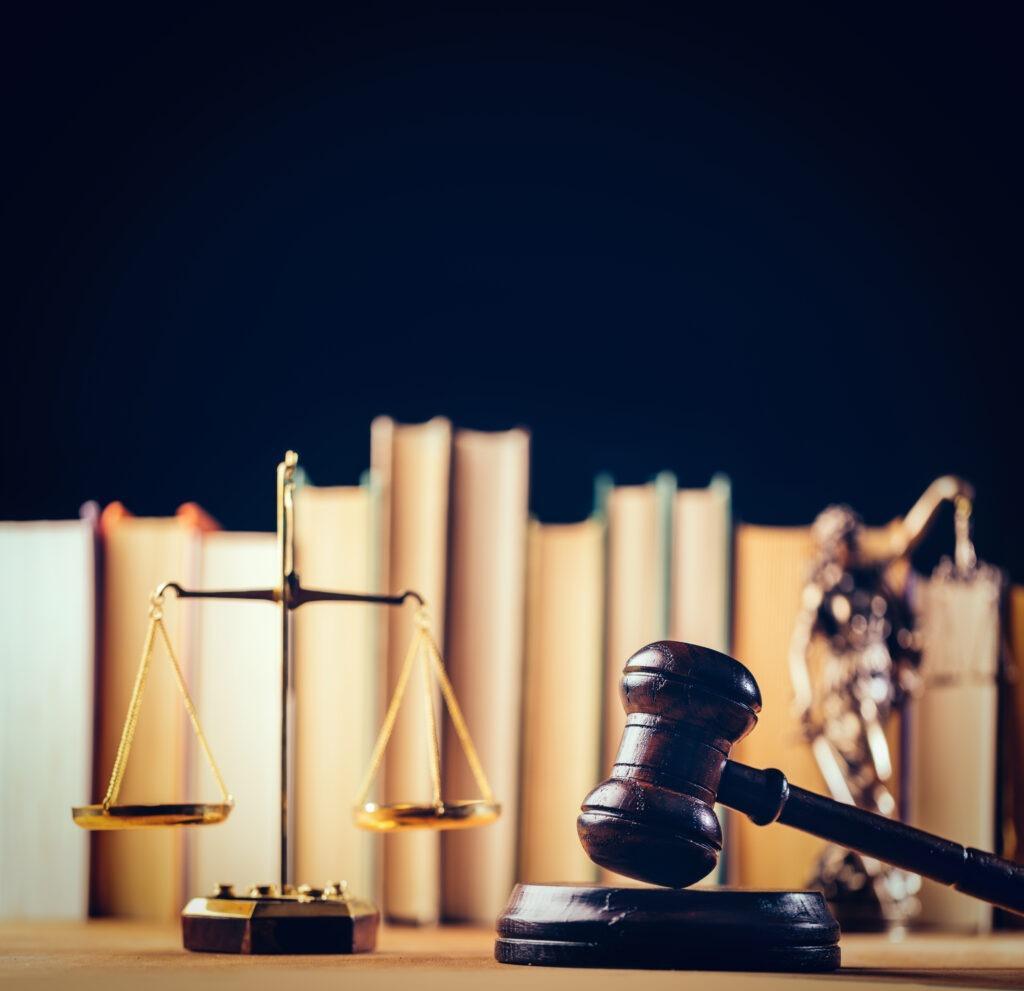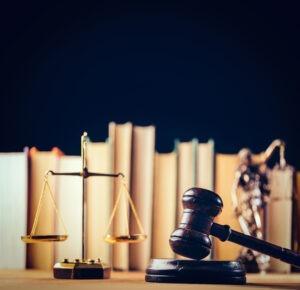The Trademark Trial and Appeal Board (TTAB) is an integral part of the United States trademark law system, functioning as a specialized judicial body within the United States Patent and Trademark Office (USPTO). For anyone involved in trademark registration or disputes, understanding the TTAB’s functions, TTAB procedures, and its impact on trademark rights is crucial. This blog aims to provide a thorough overview of the TTAB, including its staff, practice, and TTAB procedures, as well as the types of proceedings it handles, offering valuable insights for applicants, registrants, and legal professionals.
In a Nutshell: The Role of the TTAB
The TTAB is an administrative body authorized to determine a party’s right to register a trademark with the federal government. It’s important to note that the TTAB does not decide on the right to use a trademark, nor does it issue injunctions or award damages. Its primary function is to ascertain whether an applicant or registrant has the right to register a mark or retain a registration under challenge, a process governed by specific TTAB procedures.
Types of Cases Handled by the TTAB
The TTAB is authorized to handle five different types of cases, with three main categories being particularly relevant for applicants and registrants:
- Trademark Appeals: These involve decisions made by trademark examining attorneys, such as refusals to register trademarks, and are subject to specific TTAB procedures.
- Trademark Oppositions: These are proceedings against applications for registration, often initiated by third parties, and are governed by TTAB procedures.
- Trademark Cancellations: These proceedings challenge registered marks, potentially leading to their cancellation, under the guidelines of TTAB procedures.
The Staff of the TTAB
The TTAB comprises statutory members, including the USPTO Director and other high-ranking officials, and appointed administrative trademark judges. The Chief Administrative Trademark Judge, as of the writing of this blog, is Gerard F. Rogers. The Board also includes interlocutory attorneys, paralegals, and administrative staff, all of whom play a role in the implementation of TTAB procedures.
Practice and Procedure: Governing Rules and Laws
TTAB proceedings are governed by the Lanham Trademark Act, the Trademark Rules of Practice found in Title 37 of the Code of Federal Regulations, and the Trademark Trial and Appeal Board Manual of Procedure (TBMP). The TBMP, while not legally binding, provides comprehensive guidance on litigating cases before the TTAB, outlining the essential TTAB procedures.
Public Systems and Electronic Filing
The TTAB utilizes the Electronic System for Trademark Trial and Appeals (ESTTA) for filing documents. ESTTA is mandatory for all filings and is accessible 24 hours a day, although technical support is available only during business hours. The TTAB also maintains the TTABVUE system for checking the status of proceedings and viewing documents, all part of the TTAB procedures.
Settlement and Alternative Dispute Resolution
The TTAB encourages parties to settle disputes when feasible. Most TTAB trial proceedings are settled before a final hearing. Alternative dispute resolution methods are also available and often more cost-effective, forming part of the broader spectrum of TTAB procedures.
Oral Hearings and Decision Information
Oral hearings at the TTAB are typically open to the public and are conducted virtually or in-person at the Alexandria campus. The TTAB regularly updates its filing and pendency statistics, providing transparency in its operations, and adheres to established TTAB procedures for hearings and decisions.
Legal Representation and Assistance
Proceedings before the TTAB are technical and involve complex trademark law. Representation by a U.S.-licensed attorney is strongly recommended and required for parties without a U.S. domicile. The TTAB Assistance Center provides support but cannot offer legal advice or strategy, as per TTAB procedures.
Pro Bono Legal Services
The TTAB recognizes organizations like the International Trademark Association (INTA) Pro Bono Clearinghouse, which provide free legal services in TTAB proceedings. The Law School Clinic Certification Program also offers pro bono representation in patent and trademark applications and TTAB proceedings.
Conclusion: Navigating the TTAB with Expertise
Understanding the intricacies of the Trademark Trial and Appeal Board is essential for anyone involved in trademark disputes or registration processes. The TTAB’s role in determining the right to register a trademark is a critical aspect of trademark law in the United States. Whether you are an applicant, a registrant facing a challenge, or a party interested in opposing or canceling a registration, comprehending the TTAB’s procedures, requirements, and resources is crucial.
For those without legal expertise or familiarity with trademark law, navigating TTAB proceedings can be daunting. Therefore, consulting with a knowledgeable trademark attorney is highly advisable. An experienced attorney can provide invaluable guidance through the complexities of TTAB procedures, ensuring that your trademark rights are effectively represented and protected.



